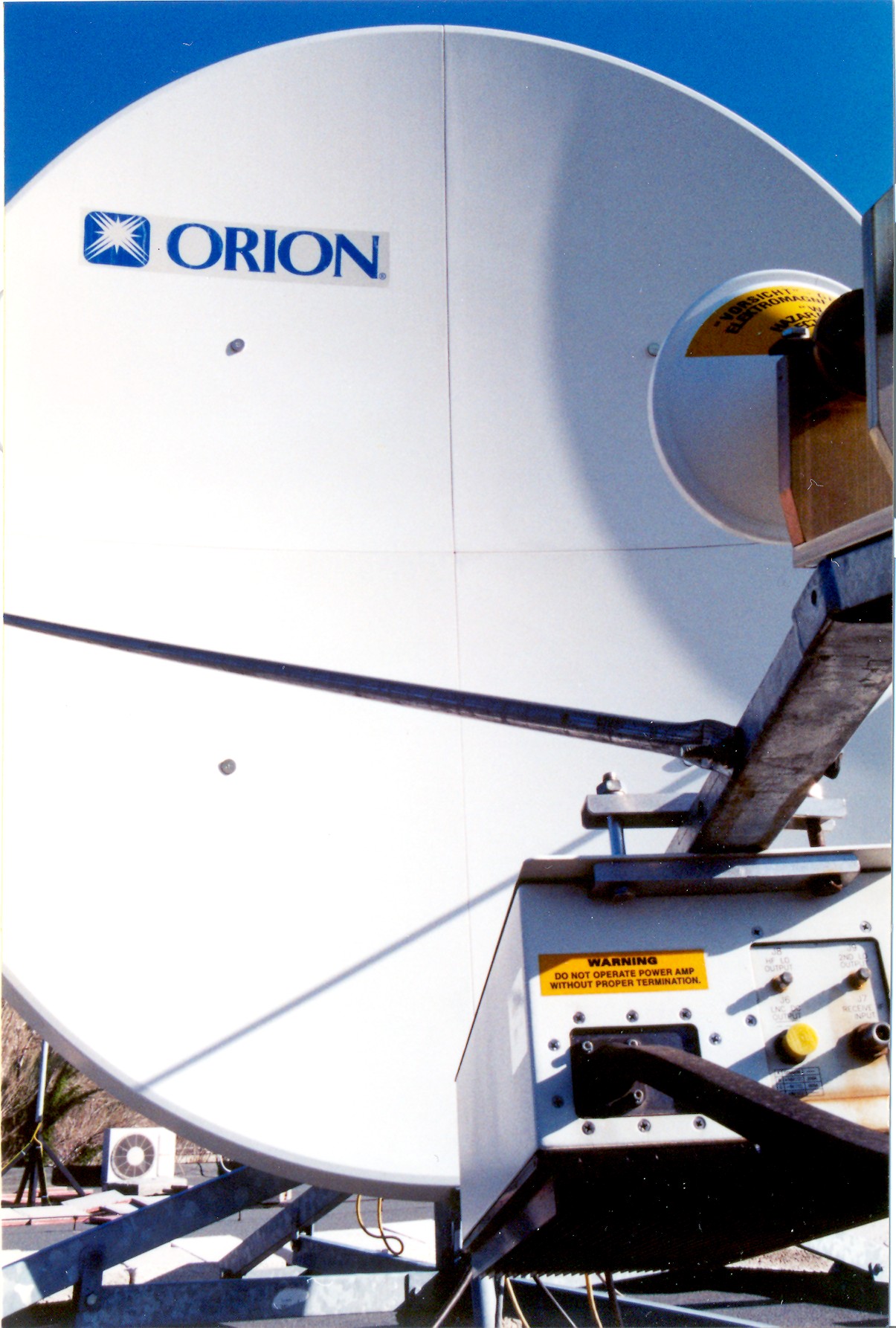4G, or Long Term Evolution (LTE) as it is known is a new form of network that will see users reach speeds hypothetically as fast as 150Mbps. Current rates for 3G downloads in the UK average at around 1.5 Mbps according to Ofcom.
At this moment 3G is the fastest from of mobile network available, though this has now been around for a number of years. 4G, or fourth generation networks, 3G being the third generation, 2G the second etc; are expected to provide the consumer with 10-15Mbps downloads when rolled out across the UK.

The new network has been trailed in the centre of London before Christmas and was used by a number of shops and businesses in the area. This 4G network was claimed to have speeds akin to having fast home broadband on your mobile phone.
There is currently a lot of pressure on the UK to roll out this new network as fast as possible. Companies such as eBay have been very vocal about the network and have called for it to be introduced faster. However, will the new network make a significant difference to those of us who use our phones for checking the latest restaurant vouchers when out and about.
Well for those of us who use tablet computers, or broadband dongles and often find the speeds to be cripplingly slow, this new technology may came as a welcome addition. Files have significantly increased in size in recent years and it is necessary to have a fast connection to download, or stream them. For instance, this new technology is capable of downloading a 700Mb film in under 90 seconds - something many will find of benefit.
This technology will obviously also decrease page load times and will be appreciated by workers on the move. The advent of cloud computing will also necessitate this new technology. This makes the whole idea of storing data on the Cloud a feasible and realistic idea.

Of course 4G is also a vital piece of infrastructure for the future and its addition will economically benefit the UK. By investing in the new fast Internet technology the UK makes itself more attractive for investment from foreign companies. 4G technology gives the country a competitive edge and may lure investors, which consequently leads to jobs.
Though the technology is far from cheap, it may pay for itself in the long term through increased tax takings, better services and also allow the UK to be future proofed in a time of extreme economic competition. Of course this benefits the country as a whole and means we all hypothetically should be better off in the long run. It also means no more glitches when streaming the TV shows on the bus.
